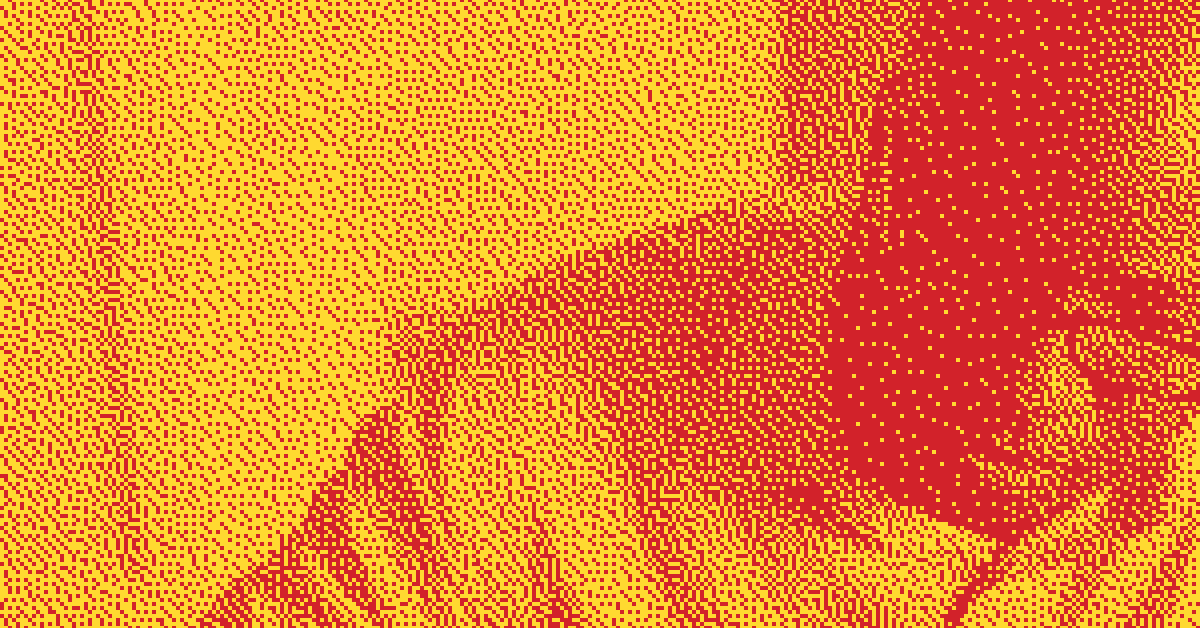[one_third]

Dimeji Onafuwa is a design consultant, researcher and PHD candidate with 15 years experience in professional practice. At Carnegie Mellon University, his research in the field of social design focuses on design’s impact on the costs of contributing to a commons by exploring how collaboration around tenancy and data may contribute to societal transition to sustainable futures.
Dimeji has worked on a joint funded research project with Human Computer Interaction Institute that explored multi-stakeholder interactions around tenant/landlord decision making, and finds pre-existing community in renters. His most recent consulting work is with a Fortune 500 company on Open Data and the commons. His work in communities around the world has sparked interest in the spaces where digital and physical communities overlap and the implications on these on transition design. In his spare time, Dimeji is a figurative artist with gallery representation.
[/one_third][two_third_last]16.11.2016 20:30 | Master Ateliers F4 | BY DESIGN OR BY DISASTER
ON NETWORKING THE NEW COMMONS
The “new commons” exist outside of traditional purview and are without pre-existing rules and explicit agreements. My work in the “new commons” seeks to understand the impact of cooperative platforms on contributing to a commons. One way I am exploring this is by looking at how tenant communities might use open data to enable shared agreements on reclaiming the commons. A challenging aspect of this are the conventions and rules governing contextualization of open data in the way of city-based open data policies. These ideas fit within the Transition Design model since they consider how socio-material, socio-technical and socio-ecological systems overlap with system-level changes over a time scale. They also cause us to investigate how varied new commons may be networked in ways that they lead to transitions to other futures?
ON DATA COMMONS
What is most striking about our data sharing practices is that we can no longer trace data sources with any amount of certainty. Our data use permeates our everyday life and in many ways inform the way we live. Data is now a common resource – a shared resource, without clear private property ownership rights, that bears the risk of overuse. However, this has not always been the case. Our relationship with data has changed significantly over the years. In the past years (even as recent as in the 20th century), we have held a stronger grasp of sources and intent of the data we collected. Nowadays, data’s ubiquity has allowed the emergence of common resource challenges not unlike what Garrett Hardin highlighted in his titled “The Tragedy of the Commons.” In it, Hardin cautions about the dangers of too much access to common resources. In retrospect, Hardin’s essay might more appropriately have been termed “Tragedy of Open Access” since it underscored the effects of pollution, and uneven access, on common resources. We are facing a similar tragedy with open data access and use. While modern data use is pervasive, contextualizing open data and sharing its access in ways that benefit communities is quickly becoming an area filled with promise and opportunity for further research.
SUGGESTED BOOKS
Hardin, Garrett. “The Tragedy of the Commons” Journal of Natural Resources Policy Research 1, no. 3 (2009): 243-253 (PDF)
Hess, C. (2008). Mapping the New Commons. In Governing Shared Resources: Connecting Local Experience to Global Challenges (PDF)
Manzini, Ezio, and R. Coad. “Design, when everybody designs: An introduction to design for social innovation.” (2015).
Interesting questions / statements
How might we identify patterns of commoning in the New Commons?
How does Transition Design relate to the New Commons?
What collective agency considerations (human + non-human actants) can we make with commoning?
[/two_third_last]

2 comments
Comments are closed.